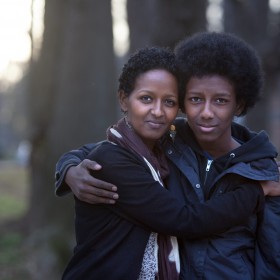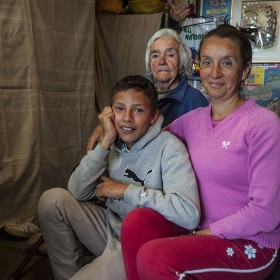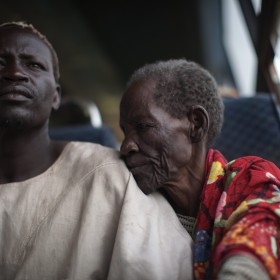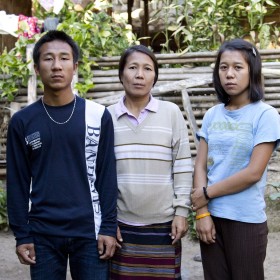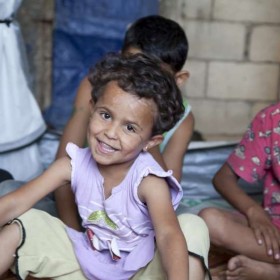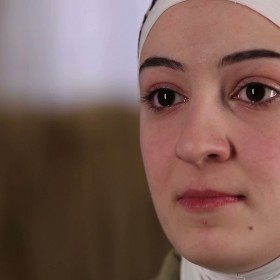Lim Chia Ying, Journalist
We have all the freedom to go and do whatever we want, yet they have none
“I first interacted with refugees back in 2007, having learnt about their plight much earlier. It was through UNHCR that I got to meet them in person after requesting in my capacity as a journalist, to document their stories, which led to interviews with them at their modest flats.
The experiences interacting with them have definitely made me think of ‘what if I’m in their position / shoes?’ I don’t know if I’m able to survive much less carry on each day in a country that isn’t my own, but that country that is my own has instilled the fear in me that I would not want to return. They have adopted a third country not by choice, but because they have no choice. Yet, their hopes and dreams continue to live on like any of us, that is to see their family safe and their children grow up, enter school and work someday. One of the first refugees I met in my course of work is a mother who has not to only care for her children but also her adult son of 22 years who has been blind since he was 12. While a mother/parent will never stop worrying for her children, however, in this scenario, it’s on a totally different level because she isn’t just a refugee where jobs are far and few to come by, she has to care for her blind son who would require her to be by his side most times.
Thankfully, when that story was published, many well-wishers and kind Samaritans came to the aid of donating – one woman even offered to sponsor the son’s full blind-training course so that he can eventually get a job upon graduation. I’m glad to have helped made a difference for the mother and her family, and with the time the son is away at his training, she can use it to concentrate on finding a job.
I will never forget a quote by this same woman refugee who told me that ‘Malaysia is her home now. Her children are all her with her and she has nothing left in Myanmar (where her properties have since been sold), except for memories.’ It just speaks of her kind of determination to make it in a new country, and dawned on me how she strives to close a previous chapter of her life. And if she, like other refugees, are firm about staying on, surely, it’s about time the authorities make a positive move to try and help them, instead of leaving them languishing on their own? Or leave the refugees to the society to help them if they feel like it?
Even it’s been well over 4 years since I last made a contact with a refugee, the stories they shared will stay with me for a long time. Interviewing refugees is one of my more defining works that I’ve done as a journalist. A lot of their stories taught me to cherish what I have and not take things for granted, as cliched as they may sound. Until you have met and spoken to a refugee, most ordinary Malaysians will not know what it feels like to live in exile in a different land. There’s so much fear and obstacles to overcome, yet the human will is strong to want to live on. Sometimes, the troubles or problems that we encounter are perhaps petty compared to those faced by these refugees, who may not know where their next meal will come from. They appreciate whatever little things or empathy that people like us can show them, but I think most of all, what they wish for is a chance to be able to live independently rather than depend on charity. You don’t get to see them but they are tucked somewhere, out of public sight. We have all the freedom to go and do whatever we want, yet they have none – not here and definitely not in their home countries. If anything, this should be food for thought for us all.”
Name: Lim Chia Ying
Nationality: Malaysian




